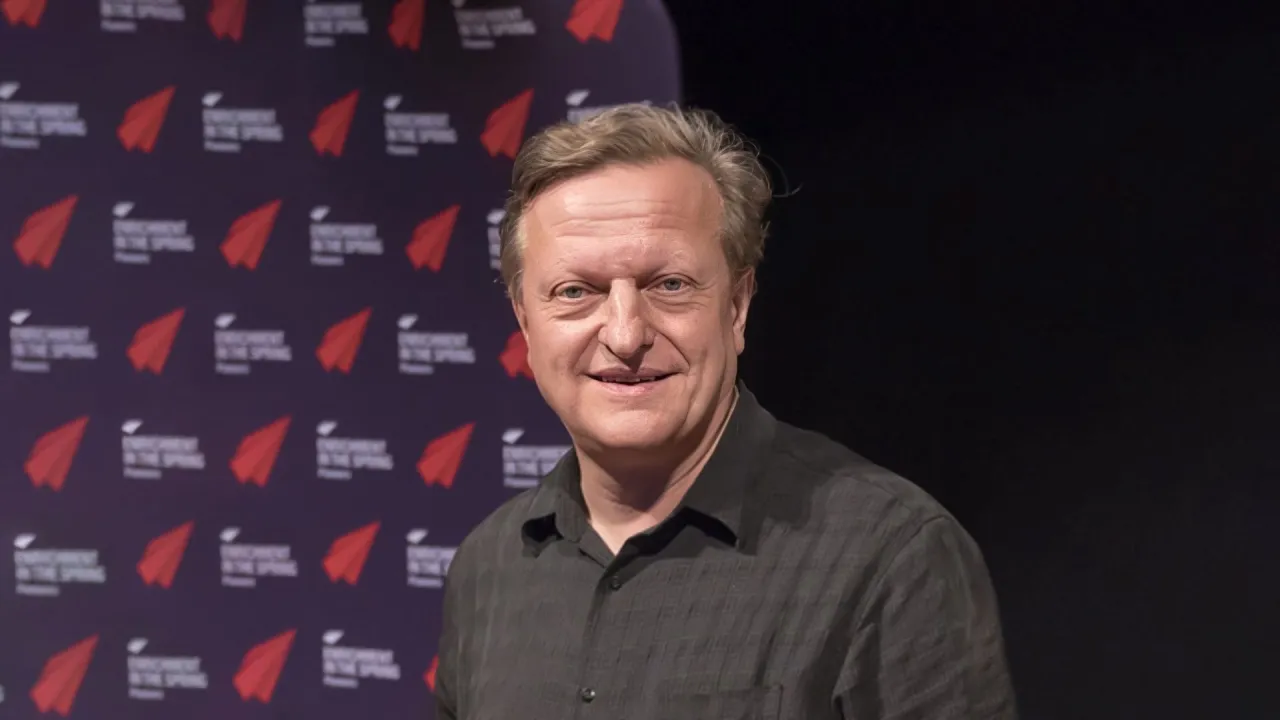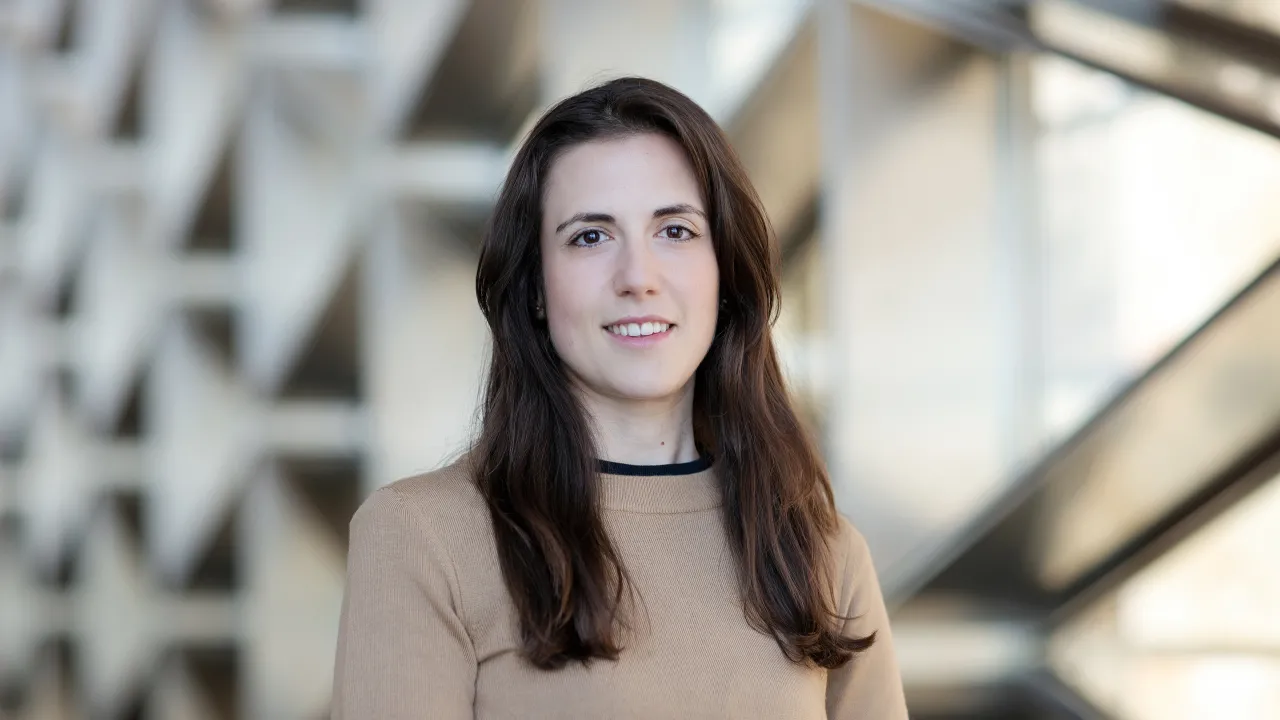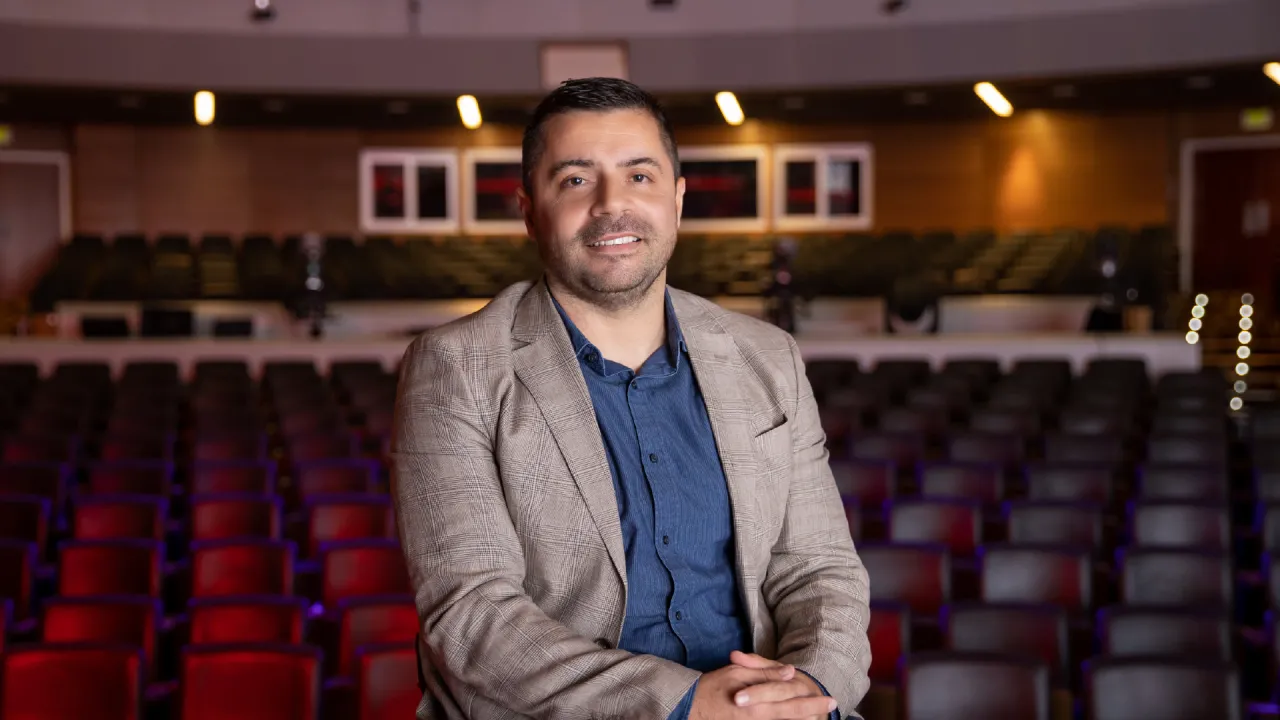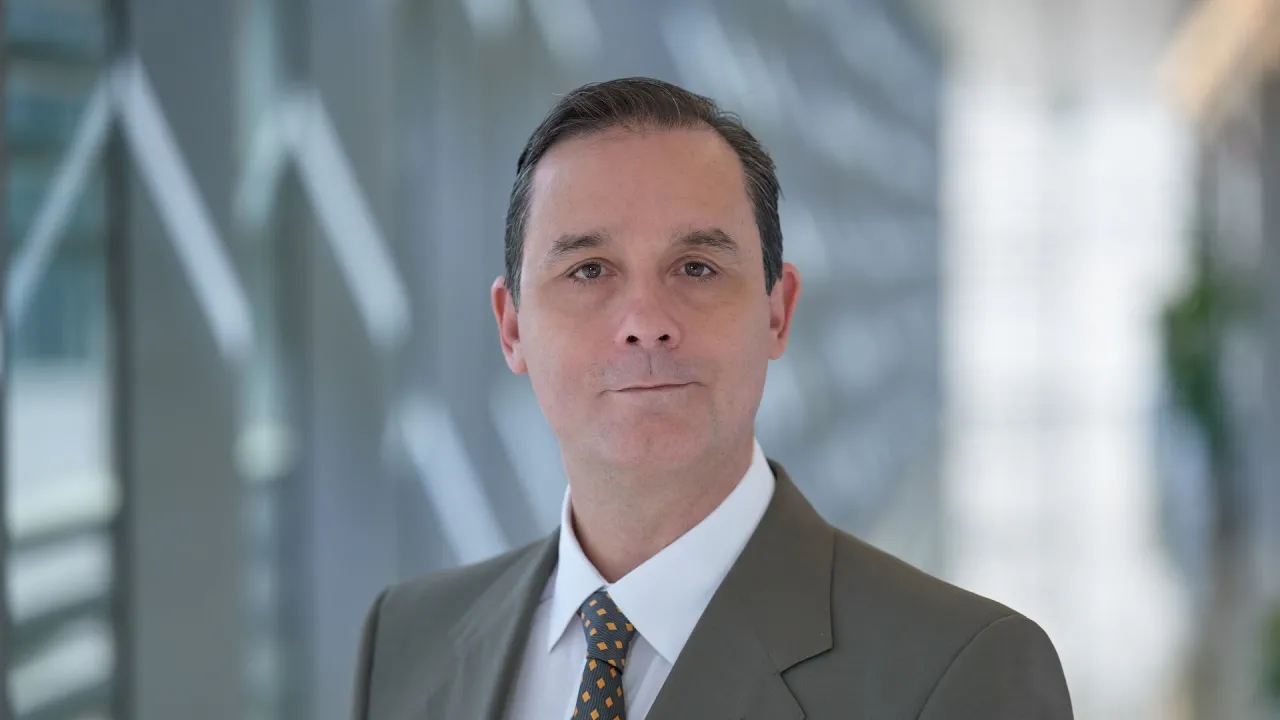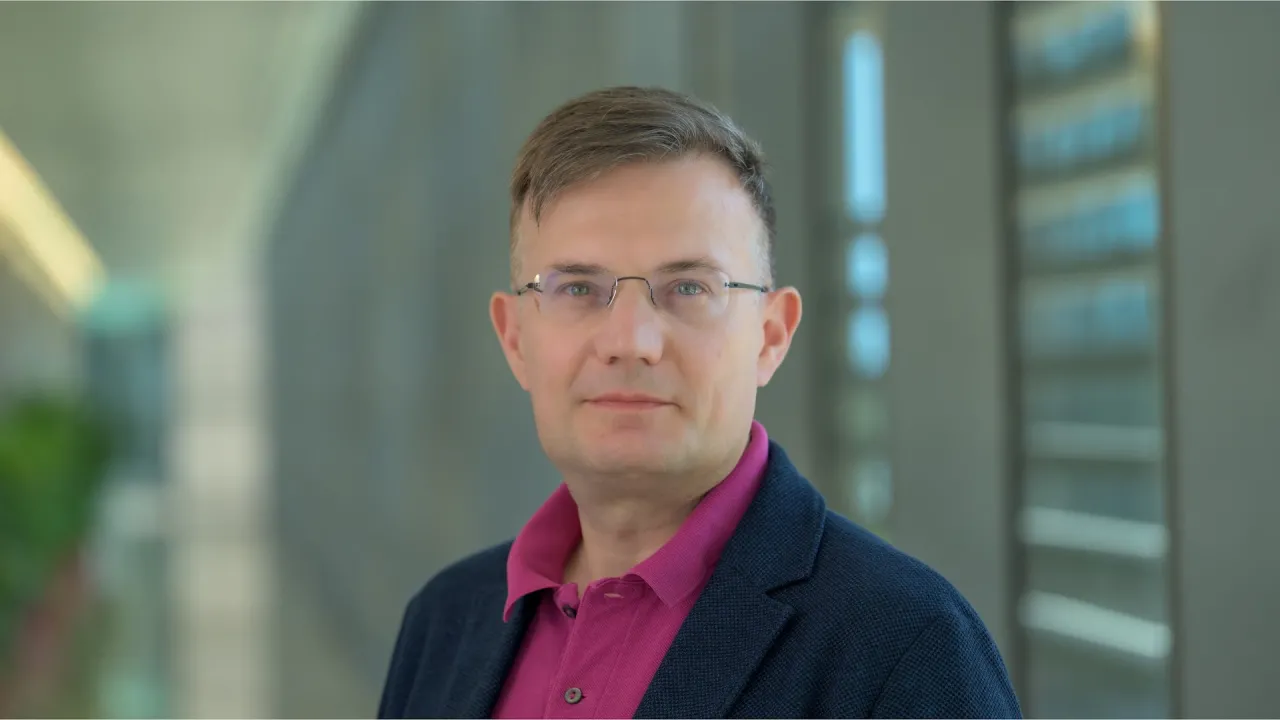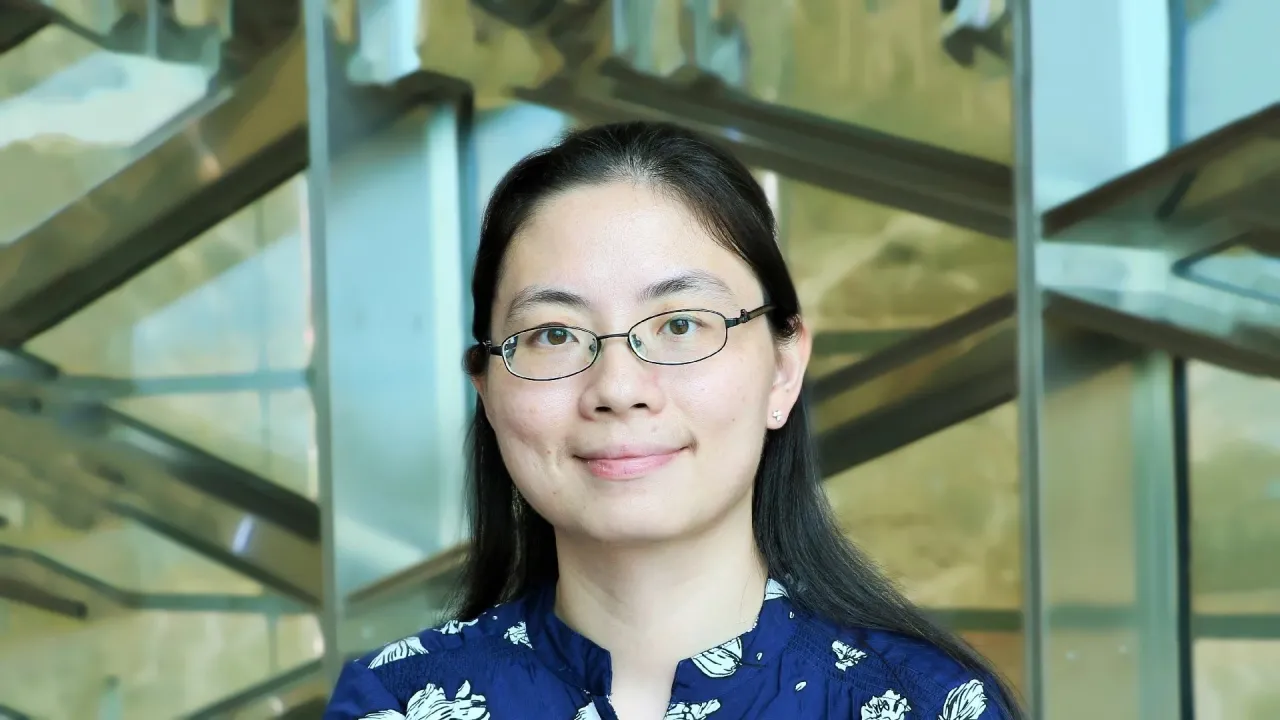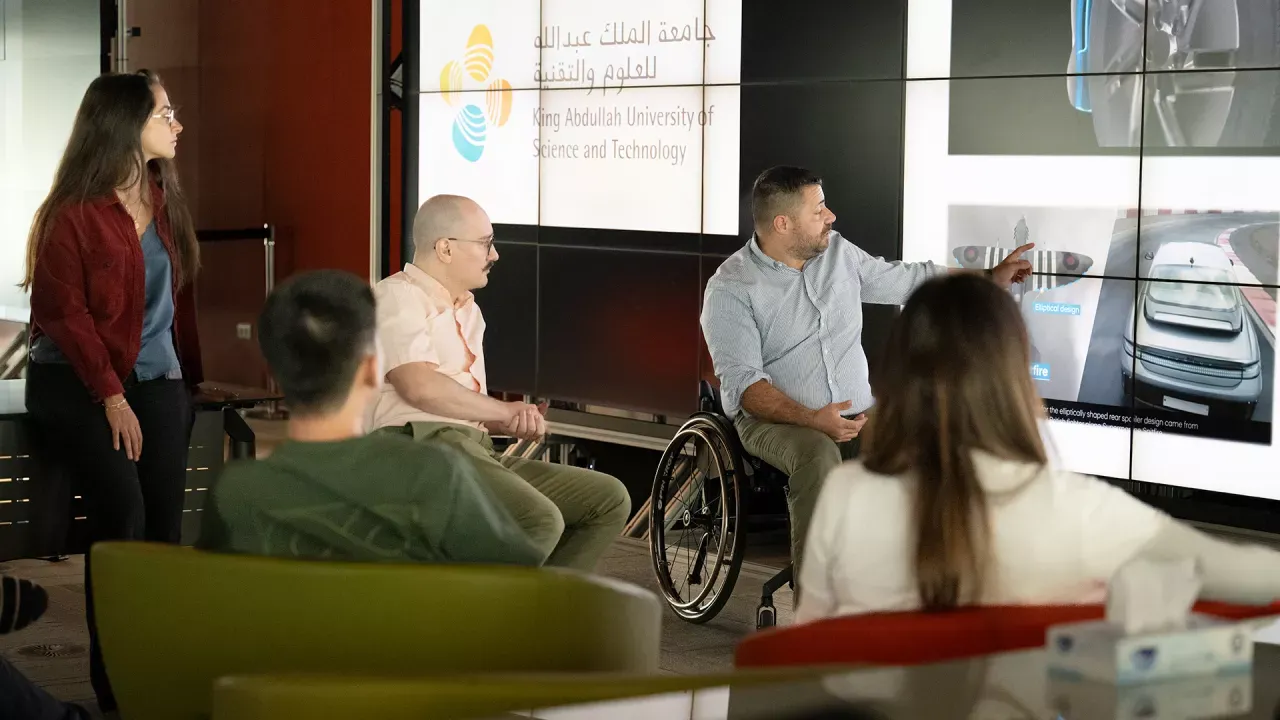
Mathematical Modeling
Researchers in this area focus on integrating mathematical modeling with advanced computational techniques, with applications in wave propagation, complex media, multiscale phenomena, computational medicine, and computational fluid dynamics.
Related People
Biography
Dr. Wittum obtained his Ph.D. (Dr. rer. nat.) in 1987 from Kiel University, Germany. He then pursued further academic qualifications at the University of Heidelberg, Germany, where he received his Habilitation in 1991 and began his first professorship in numerical analysis.
His academic career continued to advance as he served as Director of the Institute for Computer Applications at the University of Stuttgart, Germany, from 1994 to 1998. Following this, he became the Director of the Simulation in Technology Center at the University of Heidelberg, Germany, a position he held from 1998 to 2008. In 2008, he transitioned to the University of Frankfurt, where he led the Gauss Center of Scientific Computing (G-CSC).
After 25 years of serving as a professor at several leading universities in Germany, he joined KAUST, where he is currently a professor in the Applied Mathematics and Computational Science program.
Wittum’s work developing robust and scalable multi-grid methods and software systems for large-scale computing has led to numerous collaborative projects with industry partners, including ABB, Boston Consulting, Commerzbank, Daimler-Benz, the GICON Group, GRS, Porsche and more.
His contributions to science have been recognized with several prestigious awards, including the Heinz-Maier-Leibnitz Prize, the Controlled Release Society's Award and the doIT Software Award. Professor Wittum has also authored over 200 scientific publications.
Research Interests
Professor Wittum’s research focuses on a general approach to modelling and simulation of problems from empirical sciences, in particular using high-performance computing (HPC).
Particular areas of focus include the development of advanced numerical methods for modelling and simulation, such as fast solvers like parallel adaptive multi-grid methods, allowing for application to complex, realistic models; the development of corresponding simulation frameworks and tools; and the efficient use of top-level supercomputers.
Wittum applies his methods and tools toward problem-solving in computational fluid dynamics, environmental research, energy research, finance, neuroscience, pharmaceutical technology and beyond.
Education
Biography
Katerina Nik is an assistant professor of Applied Mathematics and Computational Sciences (AMCS) in the Computer, Electrical and Mathematical Sciences and Engineering (CEMSE) Division at KAUST. Her work focuses on partial differential equations that describe phenomena in biological growth processes, fluid dynamics, and mechanical engineering. She joined KAUST in 2024 after contributing to research at prominent European institutions.
Prior to joining KAUST, Dr. Nik worked as a principal investigator at the Austrian Academy of Sciences, supported by the APART-MINT Fellowship, which enabled her to lead innovative research in applied mathematics. Before this, she was a postdoctoral researcher at the Delft Institute of Applied Mathematics, TU Delft, where she collaborated with Professor Manuel Gnann's group. She also served as a postdoctoral researcher at the Faculty of Mathematics, University of Vienna, Austria, working with Professor Ulisse Stefanelli from 2020 to 2024.
Earlier in her career, she was a research and teaching assistant at Leibniz University Hannover (LUH), Germany, where she completed her doctorate in mathematics. Her academic contributions during this period focused on nonlinear dynamics and the modeling of complex systems.
Research Interests
Professor Nik works on (nonlinear) partial differential equations that describe phenomena in biological growth processes, fluid dynamics, and mechanical engineering. Additionally, she is interested in modeling with differential equations. In order to solve these problems, Nik employs both applied and pure mathematics methods. Her main research topics include:
- Nonlinear evolution equations and operator semigroups
- Free boundary problems
- Calculus of variations
- Geometric measure theory
- Well-posedness and qualitative properties of solutions
- Nonlinear dispersive waves
- Thin fluid film equations
- Microelectromechanical systems (MEMS)
- Biological growth processes, such as volumetric and surface growth
- Brakke's mean curvature flow
Education
Biography
Professor Matteo Parsani is an associate professor of Applied Mathematics and Computational Sciences at KAUST. He is also affiliated with the Mechanical Engineering Program and leads the Advanced Algorithms and Simulations Lab (AANSLab).
Hi research leverages self-adaptive algorithms, high-performance computing, and the judicious use of machine learning to enhance simulation accuracy, efficiency and reliability in real-world applications. Drawing on experience from NASA Langley Research Center and other leading research institutions, he specializes in computational fluid dynamics, modeling, and efficient high-fidelity numerical simulations.
Professor Parsani's research advances a broad spectrum of technologies, including next-generation aerospace technologies and urban air mobility for cognitive cities, noise reduction for sustainable air travel, hypersonic flight, and aerodynamics of F1 and electric vehicles. His research extends to computational modeling in biomedical science, applying simulations to study biological systems in cancer treatments and the flow dynamics of reef environments for intervention-based coral reef growth recovery.
Parsani's high-performance computational solvers and libraries are utilized to tackle complex engineering challenges in collaboration with industry partners such as Boeing, NASA’s Langley Research Center (LaRC), the McLaren F1 racing team, Airbus, E1 Series and Lucid Motors.
He earned his Master’s in Aerospace Engineering from Politecnico di Milano, Italy (2006), and his Ph.D. in Mechanical Engineering from Vrije Universiteit, Belgium (2010). He joined KAUST as a postdoctoral fellow in 2010 before pursuing a fellowship at NASA Langley Research Center. In 2014, he joined KAUST as a professor.
Beyond academia, Professor Matteo is a former soccer player and activist for people with disabilities. In December 2023, he embarked on an unprecedented coast-to-coast hand-bike journey across the Kingdom of Saudi Arabia to promote physical activities, sports, and awareness about people with disabilities. He covered nearly 150 kilometers daily on a hand-bike, totaling over 3,100 kilometers in about 22 days. This challenge was once deemed impossible for someone who has been living with an incomplete spinal injury since 2017.
Research Interests
Professor Matteo Parsani’s research interests are related to designing and implementing novel, robust and scalable numerical methods. Specifically, unstructured grids for hyperbolic and mixed hyperbolic/parabolic partial differential equations.
A core focus of Parsani’s research is on efficient and robust algorithms for the aerodynamic and aeroacoustic design of aerospace vehicles. Additionally, he studies non-classical gas-dynamic phenomena for energy conversion systems and the investigation of biological flow in cancer treatments.
His current research examines the stability and efficiency of spatial and temporal discretizations and structure-preserving methods that can mimic results from the continuous to the discrete level. A number of application domains are currently driving his research, including computational aerodynamics, dense gas flow simulations, and computational aeroacoustics.
Education
Biography
Professor Tempone received his Ph.D. in numerical analysis in 2002 from the Royal Institute of Technology, Sweden. The next phase of his career took him to the United States, where he completed his postdoc at the University of Texas Institute for Computational and Engineering Sciences (ICES), before joining Florida State University as an assistant professor of mathematics.
Tempone joined KAUST in 2009 as a founding faculty member, as an associate professor of applied mathematics, and became a full professor in 2015. He is also principal investigator of the Stochastics Numerics Research Group.
A variety of fields, such as computational mechanics, quantitative finance, biological and chemical modeling, and wireless communications, are driving his research. More specifically, his research contributions include a posteriori error approximation and related adaptive algorithms for numerical solutions to deterministic and stochastic differential equations. His honors include the German Alexander von Humboldt Professorship (2018–2025), the first Dahlquist Fellowship in Sweden (2007–2008), and being elected program director of the SIAM Uncertainty Quantification Activity Group (2013–2014).
Research Interests
Tempone's expertise and research interests lie at the intersection of applied mathematics, computational science, and stochastic analysis, with a strong focus on developing and analyzing numerical methods for stochastic and deterministic problems. His work emphasizes adaptive algorithms and hierarchical and sparse approximation, Bayesian inverse problems and data assimilation, optimal experimental design, scientific machine learning, stochastic optimization, optimal control, and uncertainty quantification, aiming to push the boundaries of computational efficiency and accuracy in simulations.
At the helm of the Stochastic Numerics Research Group at KAUST, Tempone is particularly interested in the development and analysis of numerical methods to advance applications spanning computational mechanics, quantitative finance, renewable energy sources management, biological and chemical modeling, and wireless communications.
His approach is theoretical and highly applicable, addressing real-world problems across various domains while grounded in solid foundations of mathematical and computational techniques. His work is instrumental for those interested in the practical application of mathematics to solve complex, real-world issues, making his research group an ideal place for potential collaborators, postgraduate students, postdocs, and research scientists looking for cutting-edge projects at the nexus of uncertainty quantification and computational science.
Education
Rolf Krause
applied mathematics Numerical Solution of Partial Differential Equations Finite elements machine learning Numerical Optimization medicine computational mechanics contact problems fluid-structure interactions cardiac simulation biomechanics geology Multiphysics Simulation HPC optimization Multigrid Domain Decomposition software development
Biography
Rolf Krause is a full professor in the Applied Mathematics and Computational Sciences Program at KAUST, with a career spanning academia, research and leadership. Before joining KAUST, he was a full professor at Università della Svizzera italiana in Lugano, Switzerland, where he directed the Institute of Computational Science from 2009 to 2020 and has served as co-director of the Center for Computational Medicine in Cardiology since 2014.
Beyond his research roles, Professor Krause has held notable leadership positions including a director of the interdisciplinary Euler Institute in 2021 and was the founding dean of the Faculty of Mathematics and Informatics at UniDistance Switzerland in 2022.
His commitment to academic service includes roles such as chairman of the examination board for mathematics studies and chairman of the board of finance for tuition fees at the University of Bonn from 2007 to 2009, as well as membership in the academic senate at USI from 2017 to 2021.
His work has earned numerous awards, including the Taylor & Francis Prize for Innovative Contribution to Theoretical Biomechanics/Biomedical Engineering and the MATH+ Distinguished Visiting Scholar recognition from the MATH+ Center in Berlin.
Professor Krause holds a Doctor rerum naturalium in Mathematics with distinction ("summa cum laude") from The Free University of Berlin, awarded in 2001. He also earned a Diploma in Mathematics with a minor in Economics from the same institution in 1996.
Research Interests
Professor Krause's research focuses on numerical simulation, machine learning, optimization, and data-driven approaches. A major focus of his research is the design and analysis of efficient and reliable algorithms that can be used to solve complex problems in scientific computing and machine learning.
Krause and his colleagues use mathematical understanding and computer science expertise to advance sustainable progress in many areas, from medicine to geology. They provide scientific software capable of solving complex, large-scale problems that can run on modern supercomputers such as KAUST’s Shaheen III.
Areas of expertise and focus
- Contact problems in mechanics
- Scientific software
- Multilevel and domain decomposition methods
- Optimization
- Iterative solution of large-scale systems
- Parallel computing
- High-performance computing (HPC)
- Coupled problems
- Finite elements
- Non-linear solution methods
- Neural networks
- Physics-informed neural networks
- Cardiac simulation
- Biomechanics
- Computational geoscience
Application areas
- Medicine
- Computational mechanics
- Contact problems
- Fluid-structure interaction
- Cardiac simulation
- Biomechanics
- Geology
- Complex and coupled multiphysics
Education
Biography
Ying Wu is an Associate Professor of Applied Mathematics and Computational Science (AMCS) and the principal investigator of the Waves in Complex Media Research Group.
Professor Wu obtained her Ph.D. in Physics in 2008 from the Hong Kong University of Science and Technology (HKUST), which was followed by a two-year postdoctoral fellowship. She received her B.S. in Physics from Nanjing University, China, in 2002.
Wu is a dedicated physicist who studies electromagnetic, acoustic and elastic waves. Her work has advanced theoretical and design knowledge of metamaterials, photonic and phononic crystals and waves in random media.
Research Interests
Among Professor Wu’s research interests are computational physics with a focus on wave propagation in heterogeneous media, electromagnetic, acoustic and elastic metamaterials, effective medium theory, transport theory and time-reversal imaging. Furthermore, she implements fast algorithms for solving large-scale, classical wave propagation problems.
